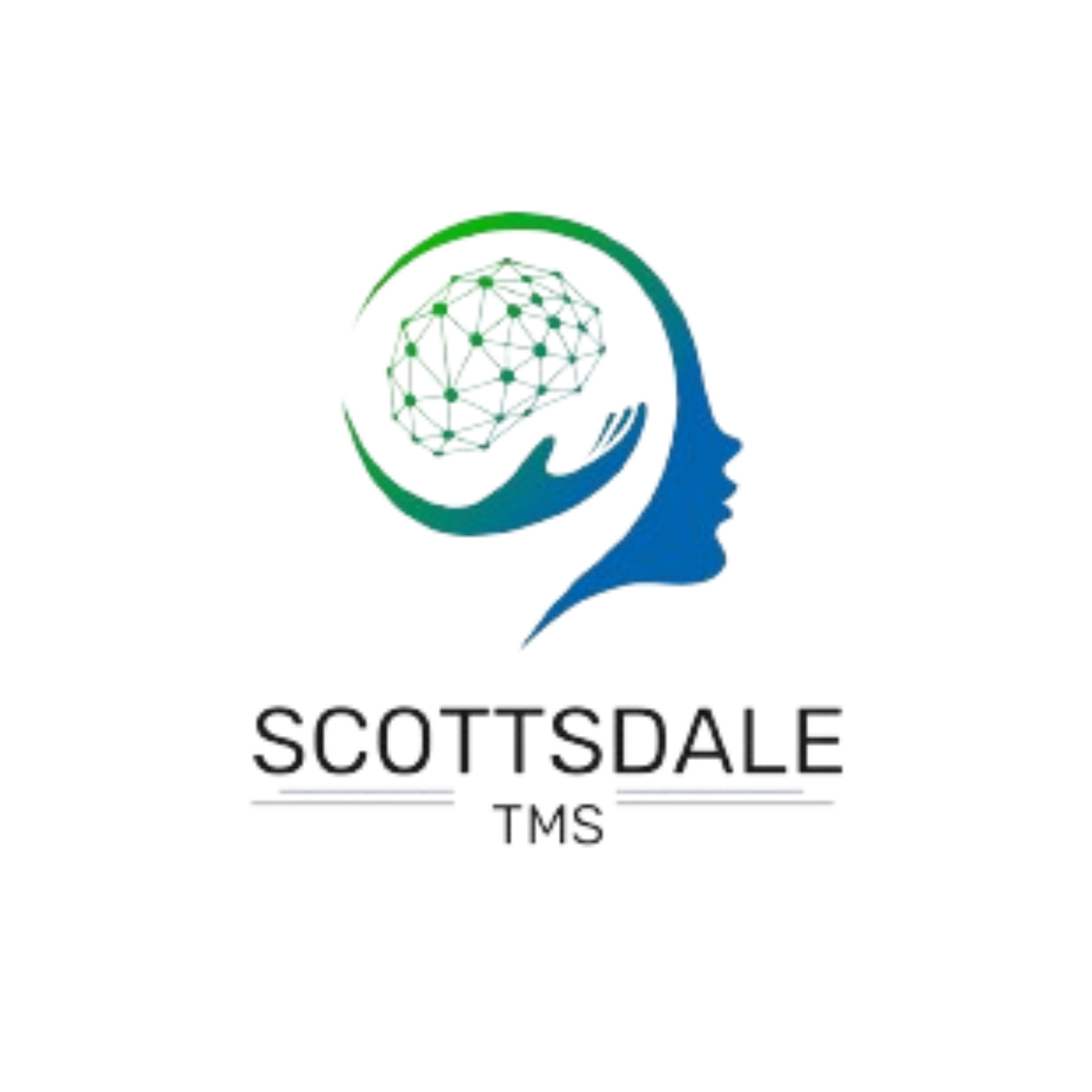Depression is a common mental health condition that affects millions of people worldwide. For some, traditional depression treatments like medication and talk therapy may not provide enough relief. Fortunately, new treatment options have emerged, including TMS for depression, which has gained attention as an FDA-approved, non-invasive depression treatment option.
In this article, we’ll explain how TMS therapy works for depression, its benefits and risks, the success rate of TMS treatment, and answer common questions like “Is TMS therapy safe for depression patients?”
Questions Answered in This Article:
Our Alcohol Addiction Treatment Programs

Scottsdale Rehab
Luxury Personalized Rehab

Hart Rehab
Holistic Luxury Personalized Rehab

Scottsdale Detox
Luxury Medical Detox
What is TMS Therapy?
Transcranial magnetic stimulation (TMS) is a type of brain stimulation that uses a magnetic coil placed near the scalp to deliver magnetic pulses to specific areas of the brain. These pulses stimulate brain activity in regions that are involved in mood regulation, especially in patients with major depressive disorder or major depression.
Unlike medications, TMS does not require anesthesia or cause systemic side effects. It is considered an effective treatment for those who have not responded well to traditional treatments such as antidepressants or talk therapy.
How Does TMS Therapy Work for Depression?
The process involves placing a magnetic coil on the patient’s scalp, which emits brief magnetic pulses targeting the left dorsolateral prefrontal cortex, an area often less active in people with depression. These pulses encourage neurons in that area to become more active, which can improve mood and reduce depressive symptoms.
Each session, called a treatment session, usually lasts about 20 to 40 minutes. Patients typically undergo daily sessions over 4 to 6 weeks, with each session stimulating the brain through repetitive magnetic pulses.
Benefits of TMS Therapy
One major advantage of TMS therapy is that it is one of the best non-invasive depression treatment options like TMS currently available, meaning no surgery or medication is involved. This makes it a great alternative for patients who want to avoid drug side effects or who have not seen improvement from medication or talk therapy alone.
When considering TMS therapy side effects and benefits, most patients find that the minimal side effects are far outweighed by the improvements in mood and quality of life.
Key Benefits Include:
- Effective treatment for treatment-resistant depression
- Minimal side effects compared to medication
- No sedation or anesthesia required
- Treatment sessions are brief and done on an outpatient basis
- FDA approved as a safe therapy for depression
What Are the Side Effects of TMS Therapy?
Like any treatment, TMS therapy has some side effects, but they are generally mild and temporary. The most common side effect is scalp discomfort or mild headache during or after the session. This usually lessens as the treatment progresses.
Understanding TMS therapy side effects and benefits can help patients make informed decisions about this treatment.
Unlike antidepressant medications, TMS does not cause weight gain, sexual dysfunction, or sleep disturbances. Seizures are an extremely rare risk but are carefully prevented by screening patients before treatment.
How Effective Is TMS for Depression?
The response rate for TMS therapy varies, but studies show that around 50% to 60% of patients with treatment-resistant depression experience significant improvement. About 30% of patients achieve full remission of depressive symptoms after a course of treatment.
The success rate of TMS treatment for depression is encouraging, especially for patients who have struggled with other depression treatments. Some patients may require maintenance treatment sessions to keep symptoms at bay.
Is TMS Therapy Safe for Depression Patients?
Safety is a top concern for many considering new treatments. Is TMS therapy safe for depression patients? The answer is yes for most people. TMS is FDA approved and has been studied extensively. It is well tolerated by patients with few serious side effects.
However, TMS is not recommended for patients with certain conditions such as epilepsy or those with metal implants in or near the head. It’s important to have a thorough evaluation by a mental health professional before starting TMS therapy.
Who Can Benefit from TMS?
TMS therapy is especially helpful for those with major depressive disorder who have not had success with traditional antidepressants or talk therapy. It is part of a growing list of mental health conditions where brain stimulation techniques are being explored.
If you are struggling to treat depression with current options, TMS might be a viable alternative. Discuss with your doctor if TMS therapy fits your specific situation.
Comparing TMS to Other Depression Treatments
Compared to medications, TMS targets the brain more directly and avoids systemic side effects. Talk therapy remains an important tool for mental health, often complementing TMS treatment by addressing psychological factors.
Unlike electroconvulsive therapy (ECT), which requires anesthesia and can have memory side effects, TMS is gentler and has a quicker recovery time.
What to Expect During TMS Treatment Sessions
During a typical treatment session, you will sit in a comfortable chair while a technician positions the magnetic coil on your scalp. You will hear clicking sounds and feel tapping sensations as the magnetic pulses stimulate your brain.
Treatment is usually done five days a week for several weeks. Many patients can continue their normal daily activities immediately after each session.
Why Consider TMS Therapy for Depression?
TMS for depression is an exciting, FDA-approved treatment that offers hope for many patients dealing with difficult-to-treat depression. It provides a safe, non-invasive depression treatment option with a solid track record of improving mood and reducing depressive symptoms.
If you’re wondering how TMS therapy works for depression or are curious about the success rate of TMS treatment for depression, consult a mental health professional to explore if this treatment fits your needs.
Remember, while TMS therapy is effective, it is often most successful when combined with other treatment approaches like talk therapy and lifestyle changes.

